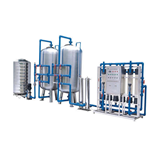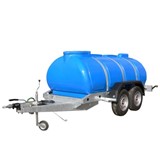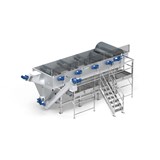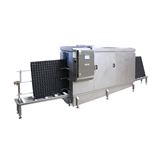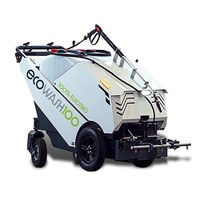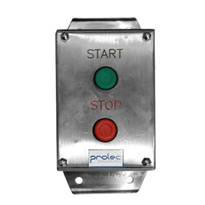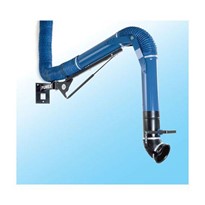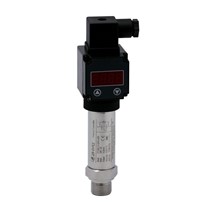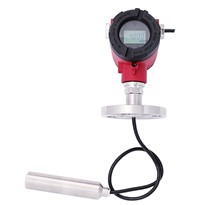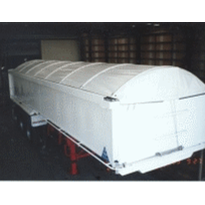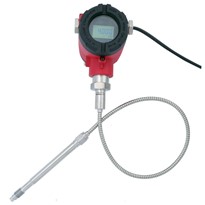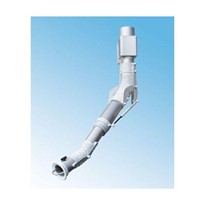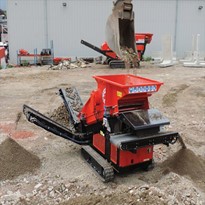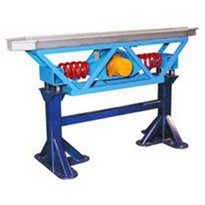Whether it’s managing dumped rubbish, emptying public litter bins, removing graffiti, cleaning public toilets, sweeping footpaths, or even cleaning up bird droppings, councils have a tough workload when it comes to city presentation.
Many of the tasks required to maintain a clean township need energy, water, and responsible landfill management. How local governments manage these things can have a big impact on their carbon footprint.
It raises the question: How can a local government balance its desire for a clean township with its sustainability goals?
The challenge for local government of going green
By its very nature, the work a local government does to keep public spaces clean and maintained has a significant impact on the environment. From minimising water usage and landfill to reducing carbon emissions, we will all experience the benefits of councils taking steps towards sustainable practice for years to come.
Local governments want to do the right thing by the environment and be seen doing the right thing. In fact, they may face reputational risk if they don’t.
Whether it’s installing solar panels or low-energy light globes, transitioning to a fleet of green vehicles, these changes can lead to a meaningful reduction in carbon emissions.
A local Council in Melbourne’s east has seen firsthand the impact their council has made as they’ve made great they progress towards their carbon neutral goals. Within the City Services division, they have transitioned to a green fleet of electric vehicles, machinery and equipment. Their township cleaners drive electric vehicles. But one unexpected challenge they’ve faced has been backlash from some members of their community.
“We do get a bit of community feedback saying it’s a waste of money. They say we should wait until the electric industry is more mature and prices have come down before buying electric vehicles and equipment.”
But they say most residents and ratepayers can see the long-term environmental and economic benefit of council choosing to buy electric vehicles and equipment over their fossil-fueled counterparts.
Shaping positive public opinions and attitudes while managing reputational risk
Strong leadership and strategy are essential for councils seeking to increase trust within their community regarding the net zero emission actions they’re taking. Councils need to ensure their constituents and stakeholders are both engaged and informed. Creating positive public opinion about net-zero goals is a key part of their governance and leadership role.
Even though councils will encounter constituents who disagree with their sustainability goals, it’s important to have inclusive communications to allow those members of the public to be engaged in the process on their terms. Listening to voices that disagree shows strong leadership. It’s important to manage disagreement with transparency. It’s an opportunity for councils to engage all on the potential impact of net-zero and global warming effects.
A good governance framework enables reputation stewardship. How an organisation or business approaches climate change is increasingly becoming a reputational risk that needs mitigation.
Taking action, like transitioning to 100% battery-operated equipment, such as our EcoTeq commercial mowers and other maintenance equipment, is a great opportunity to enhance a council’s reputation. With the vehicles seen out and about, they are tangible pointers to the council’s actions towards net-zero emissions.
“Other people praise us for being progressive and future thinking. We’re not a typical old council. We are looking at innovation at all times.”
The Council’s commitment to net zero emissions
The Council committed to a 45% reduction in corporate greenhouse gas emissions and to be carbon neutral in 2022.
They have installed solar electricity generation (PV) panels on 32 of their buildings with the capability to generate 230 kW. Since 2013, they have upgraded 8,000 streetlights along minor roads to 80% more efficient LED technology.
With the adoption of green vehicles and maintenance equipment, they’ve upgraded their infrastructure to allow for convenient charging points.
“We’ve got six charging points at the depot, two at the civic centre, as well as car parks with charging stations. Once the infrastructure is there, people can be more confident about driving to a point and getting charged.”
With the ability to recharge electric vehicles and machines via solar power, the Council’s maintenance activities are carbon neutral.
Undertaking city presentation tasks in a sustainable way
The Council keeps their eye on innovation within industry. That’s how they discovered EcoTeq’s EcoWash 100. When they saw a video of it in action, they knew right away they wanted to add one to their fleet.
“It’s a game-changer in my industry. The machine is brilliant. I love it.”
There are several ways they could see the EcoWash 100 revolutionising the way the team cleans. These are the reasons they purchased this small, compact machine:
- It carries a decent amount of water – over 200 litres – which they describes as a time saver, as the operator doesn’t have to return to base to refill as often.
- It self-drives – with no labour required to push it, the operator finds it easy to use and not tiring.
- It’s portable and can clean difficult-to-reach places. For example, there’s an underpass in the municipality where it’s too low to reach with a ute and high-pressure hose. The operator can take the EcoWash 100 off a trailer and drive it to the underpass and clean.
- It makes easy work of cleaning outdoor spaces where there are a lot of bird droppings. Taking a ute in every morning and using a noisy high-pressure washer is not ideal. The EcoWash 100 has very little over-spray. It’s quiet and doesn’t emit any fumes.
- The Council no longer needs a large, noisy truck for the same task and the inconvenience of setting up traffic cones. The EcoWash 100 has minimal disturbance on passing foot traffic.
The Council assigned the EcoWash 100 to a single operator. That way, with just one person dedicated to the machine, it’s being cared for and maintained well.
Taking on the procurement process
The procurement process for buying an electric machine was the same as any other purchase.
“When we review new equipment, we check if there’s an electric version. When I go out to market, I’ll contact both diesel and electric-powered suppliers. The review process is the same. We look at the pros and cons. We compare an electric machine like every other machine in the matrix. How fast does it sweep? How much does it carry? What is its physical working time?”
The EcoWash 100 ticked all the right boxes.
In the report accompanying the quotes, by focusing on the benefits of the EcoWash 100, the Council was convinced that this machine would save time, perform better than existing set-ups, be more eco-friendly and have economic benefits in the long run. And so far, the EcoWash has proved to be a great investment.
Maintaining the EcoWash 100
Because the EcoWash 100 is a new machine and unlike anything else in the arsenal, it’s hard to make a direct comparison between the cost of running and maintaining this machine and other high-pressure cleaners. But where it’s clearly a winner is in the maintenance side of things.
“One of the reasons we got an electric machine is that there’s no moving parts. From a maintenance point of view, it’s brilliant. We just make sure the batteries are topped up and filters changed. One of the selling points of the machine is fewer parts. It saves us downtime.”
The EcoWash 100 has enough battery charge to last for the whole day.
“It solves so many problems with access to hard-to-reach places, water, and a high-pressure hose. It’s a true multi-tasking machine – from removing bird droppings, then pressure washing a bin, then removing moss from under a park seat. I cannot praise this machine enough”.
Contact us to learn more about the EcoWash 100.
Next Generation Maintenance Equipment. Available Now
Zero emissions. Zero compromise.



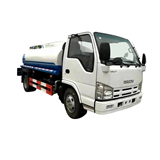

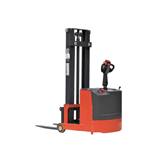



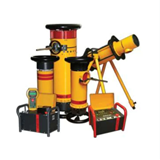
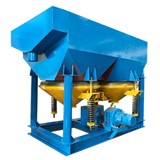
-160x160-state_article-rel-cat.png)
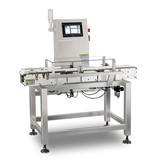
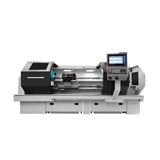
-160x160-state_article-rel-cat.png)

-160x160-state_article-rel-cat.png)
-160x160-state_article-rel-cat.png)
-160x160-state_article-rel-cat.png)
